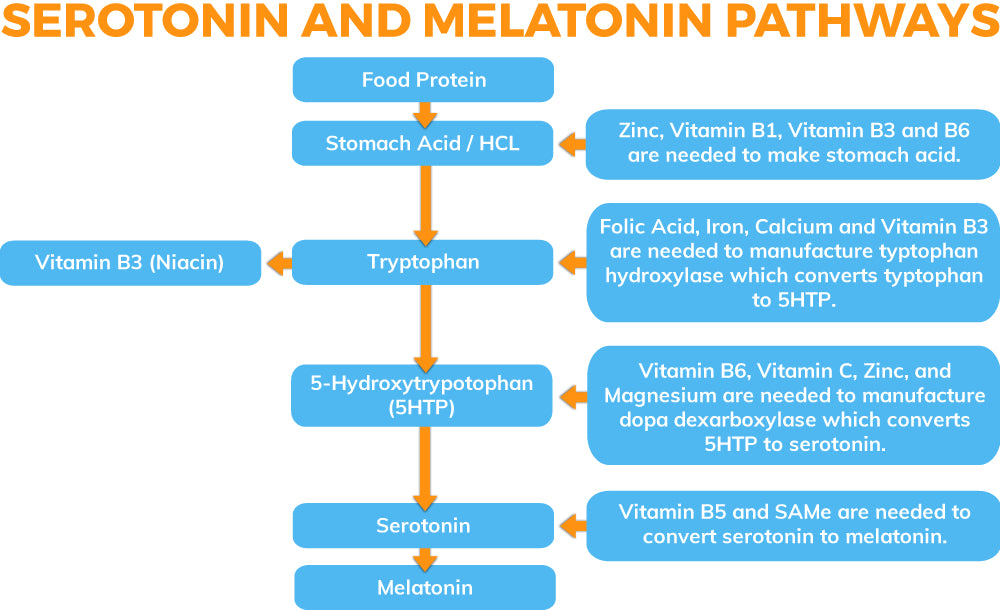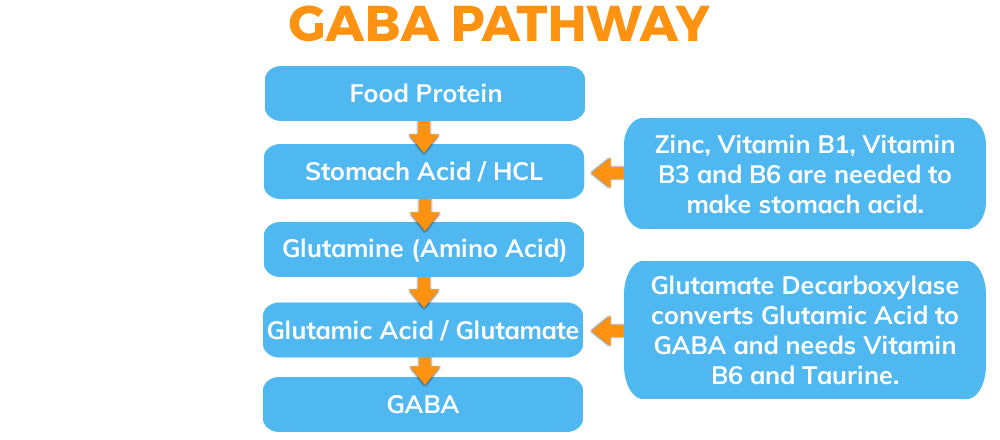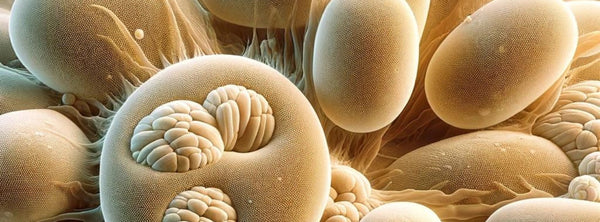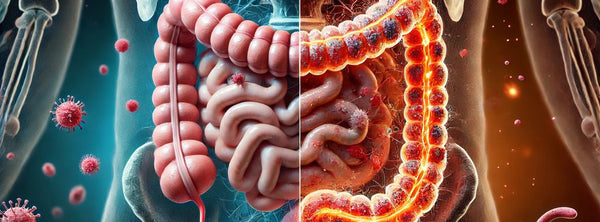
Sleep Onset Insomnia - Keeping You Awake
For many people, trying to fall asleep can be a daunting, stressful and apprehensive task. Especially when confronted with lying in bed and staring at the ceiling for countless hours, instead of experiencing that all-important restorative sleep. Chronic disease, nutritional deficiencies, poorly managed mental health, emotional turmoil and stressful daily events can hardwire the brain for wakefulness. Once the sleep onset insomnia cycle takes hold it can be an arduous task to break and for some lasts many years.
What is Sleep Onset Insomnia?
Typically sufferers of sleep-onset insomnia go to bed and are unable to fall asleep within the first 10 to 15 minutes. This unwanted ability to stay awake long after the rest of the household has ventured into the land of nod can result in significant distress with physical, mental, emotional and financial consequences.
What Cause Sleep Onset Insomnia?
There are multiple causes of sleep-onset insomnia including neurotransmitter deficiencies, stress, poor dietary choices, food allergies, stimulants, recreational and medical drugs and diseases or health conditions. The neurotransmitters Melatonin, GABA and Serotonin play important roles in helping the body drift off and stay asleep.
Melatonin and sleep onset Insomnia
Melatonin is a hormone that controls the sleep-wake cycle and is produced mainly by the pineal gland. The pineal gland secretes melatonin at night when the stimulus of light has diminished, generally when we hop into bed. An increase in melatonin induces drowsiness, which results in a restful nights sleep.
Melatonin is produced from our happy brain chemical serotonin, which in turn is manufactured from the essential amino acid tryptophan. Tryptophan is crucial for the manufacture of vitamin B3. If a person has higher requirements for vitamin B3 or has a vitamin B3 deficiency, which has resulted from a poor diet or inadequate digestive function then the majority of tryptophan will be shunted down the 'manufacture vitamin B3 pathway'. Leaving little for the production of serotonin and melatonin, thus deficiencies result and contribute to sleep onset insomnia, depression, carbohydrate cravings and anger outbursts.

GABA Deficiency and Sleep Onset Insomnia
GABA is the body's main relaxing and tranquillising neurotransmitter and is responsible for the production of Alpha brainwaves, falling and maintaining sleep. Alpha brainwaves play a major role in calming and relaxing while inducing a feeling of deep relaxation. They are at their highest levels during meditation and just before falling asleep. A deficiency in GABA can result in lying awake, constantly thinking, anxiety, panic disorders and convulsions.

Stimulants and Sleep Onset Insomnia
Any nervous system stimulant can cause excitability, which has the potential to worsen sleep-onset insomnia.
Caffeine is a common stimulate found in popular beverages such as coffee, tea, yerba mate, cocoa beverages, chocolate, energy drinks and cola drinks. Caffeine has been found to interfere with melatonin production and block the activity of GABA and adenosine, another sleep molecule.1
Theophylline is a stimulant found in cocoa beans and tea, which has actions similar to caffeine. It blocks adenosine receptor activity and causes a depletion of vitamin B6, which is essential to manufacture of GABA, serotonin and melatonin.
Amphetamines and Cocaine contribute to sleep onset insomnia due to their stimulating effects on the nervous system. These chemicals increase wakefulness by increasing heart rate and blood pressure. These drugs also increase the time it takes to get into the first REM sleep cycle, which is the deepest sleep of the night.
Magnesium Deficiency and Sleep Onset Insomnia
Magnesium is the body's major muscular and nervous system relaxant. It is often known as the lullaby mineral and deficiencies are a common cause of many facets of sleep disorders including sleep onset insomnia and the poor quality of the restorative slow-wave -sleep cycle.
The melatonin producing pineal gland relies heavily on magnesium for its optimal function. Magnesium also improves the function of GABA by binding to and activating the GABAa receptors, which increases GABA uptake and helps to stimulate REM sleep.
Stress a Major Contributor To Sleep Onset Insomnia
The effects of stress on sleep are multifaceted. Stress causes the depletion of magnesium, reduces GABA levels and inhibits the production of serotonin and melatonin. Excessive or long term stress increases the hormone cortisol. Elevated cortisol escalates the levels of tryptophan pyrrolase, which inhibits the conversion of tryptophan to serotonin and cause the destruction of available tryptophan.
How To Cure Sleep Onset Insomnia
Firstly, there are some simple things that can be implemented to get a good nights sleep.
- Remove all electrical appliances and mobile or cell phones from the bedroom. The electromagnetic field can interfere with the brain waves needed to initiate sleep.
- Look at stress-reducing strategies such as meditating yoga, tai chi, deep breathing, listening to music, reading or taking time out.
- Exercise daily. This helps to reduce stress and tires the body making it easier to fall asleep.
- Have a set bedtime helps to get the body used to fall asleep at a set time.
- Reduce sugar, caffeine, chocolate and alcohol.
- Supplementation to help increase the deficiencies, which can contribute to sleep-onset insomnia.
The information provided here is of a general nature intended for educational purposes only. We make no claims to diagnose, treat, prevent, alleviate or cure illnesses or diseases with any information or product stated. With any health issue, we suggest you consult your healthcare professional before undertaking any health treatment.
For more information on helping to improving sleep onset insomnia.
How to Increase GABA Naturally
Inflammation an Often Over Looked Cause of Sleep Onset Insomnia
Leaky Gut Syndrome a Hidden Link To Sleep Onset Insomnia
Poor Liver Detoxification and Sleep Onset Insomnia
I hope you found this blog useful and if you did please leave a comment or share on social media.
Thanks and have a great day!
Sleep Onset Insomnia References
- Winston, A P., Hardwick, E. and Jaberi, N. Neuropsychiatric effects of caffeine APT November 2005 11:432-439; doi:10.1192/apt.11.6.432



